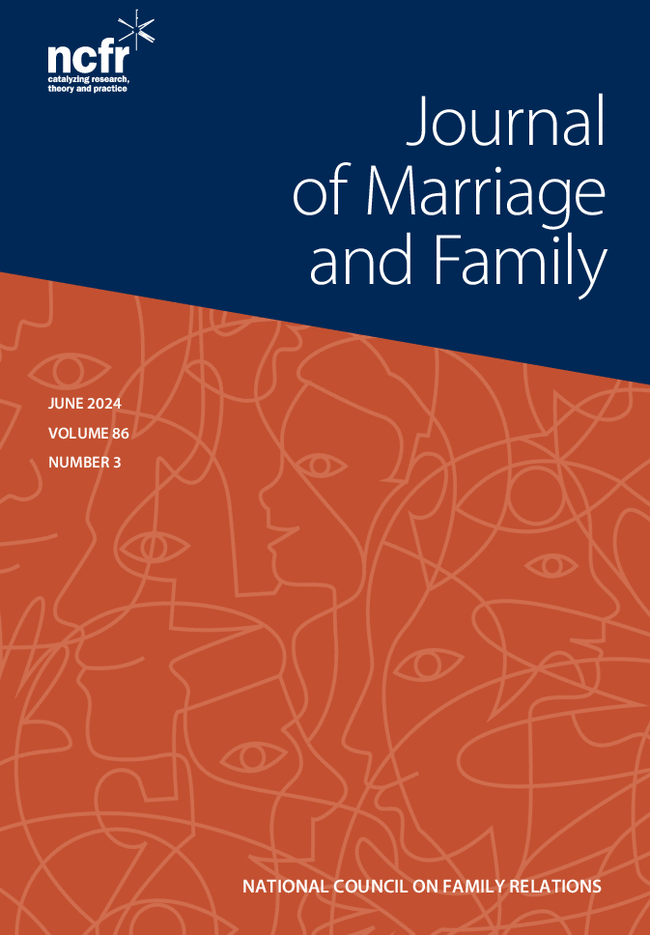Preschools, family social capital, and child development in Cambodia
Abstract
Objectives
This study examined how preschool participation facilitates family social capital and children's development in Cambodia.
Background
In many developing Asian nations, limited preschool access poses challenges to child development. Drawing on Coleman's social capital theory, this study examines how Cambodia's informal preschools facilitate family social capital and support child development.
Method
Data were collected from 756 parents/caregivers aged 16–77 (M = 40) of 3–5-year-olds across 41 preschools. Dependent variables included cognitive, social–emotional, and health outcomes, while independent variables included parental involvement, gender role attitudes, fatalistic beliefs, social networks, and family violence, conceptualized as family social capital. Data analyses were conducted using hierarchical linear regressions, with family social capital tested as a mediator.
Results
Results showed that children in state and community-based preschools achieved higher cognitive, social–emotional, and health scores than those without preschool access. Parents of preschoolers exhibited lower adherence to traditional gender roles, higher parental involvement, larger social networks, lower fatalistic beliefs, and lower abusive behaviors. Family social capital partially mediated the relationships between preschool participation and developmental outcomes, with the mediating effects being particularly pronounced in informal preschool settings (community- and home-based programs) for social–emotional development.
Conclusion
Family social capital enhances child development, especially in informal preschools, bridging educational gaps and creating environments that promote cognitive, social–emotional, and health outcomes in children.
Implications
Interventions aimed at building family social capital—such as parenting workshops, social support networks, and community engagement initiatives—could serve as effective strategies to further support child development.


 求助内容:
求助内容: 应助结果提醒方式:
应助结果提醒方式:


